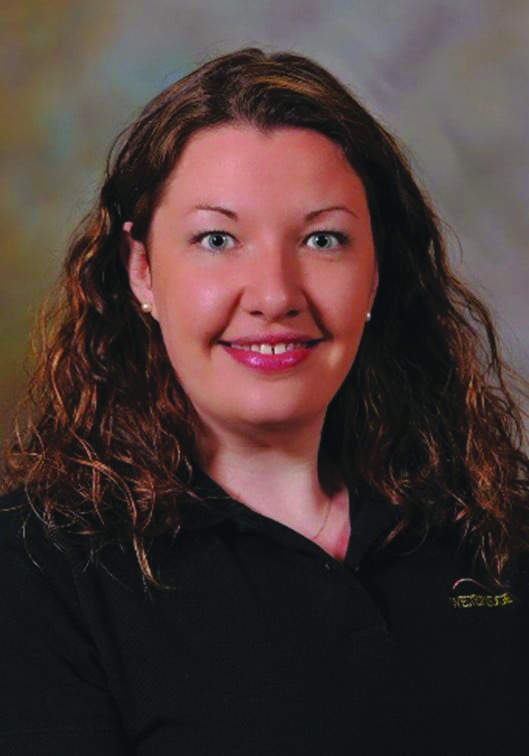The Nature Conservancy gets a new director
Meet Rachel Rouillard, the new state director of The Nature Conservancy in New Hampshire.
What is your background conservation work?
I’m a New Hampshire native. I grew up in Keene. My parents were teachers — science teachers, specifically — so I was definitely raised in a home where they helped us cultivate a real appreciation and wonder for the natural world. We went to a lot of state and national parks. That was just part of our home life. … I followed that through school and into my career. … I got an internship in the town planning office in Milford, and that’s where I got my first taste of thinking about natural resource protection and land use. I also worked for the City of Manchester, doing some economic development and historic preservation work. … I was appointed as the first executive director of the Land and Community Heritage Investment Program. … Then, I was running a National Estuaries Program, which is an EPA Clean Water Act Program, here on the coast, and I did that for a little over a decade.
What led you to The Nature Conservancy in New Hampshire?
The mission of protecting land and water for people — of being both a steward of our natural resources and of our human communities — is something that’s really central to who I am and everything I’ve done over the course of my career. Thinking about the intersection of our natural world and people, how natural resources support our communities and sustain us, and how people can both use and value those natural resources, is something that is really interesting to me and really drives me.
What does your job as state director entail?
It’s thinking a lot about partnerships, about how we can bring the creativity, resources and innovations that we have at TNC into those partnerships and how we can work collaboratively. … We work with other land trusts and state agencies to protect the lands and waters that we rely on and that are most critical to our future. These are the lands that are producing our clean drinking water. How can we improve public health outcomes while protecting biodiversity? … We also think about new ways that places can be used for recreation, how we can create more recreation opportunities for people and make them accessible to as many people as we can. Having opportunities to be in nature is really important to people’s well-being and to an overall society that’s healthy, vibrant and equitable.
What are some of the long-term goals you’re working on?
We’re thinking a lot about climate change and what we’re doing with our partnerships to really prepare for the impacts of climate change. We’re working to develop new solutions to help us address the aging infrastructure that we have when it comes to increasing storm events so that we can minimize the risk to public health and to public investment in infrastructure going forward. As our climate warms, we’re also facing an increased threat from new pests that are coming north and affecting our plant and animal species, so we have to think about how to build resilience in our ecological communities. We’re thinking about carbon and how we can help ensure opportunities for adequate carbon storage in the environment that we’re protecting and investing in. Lastly, we’re looking at clean energy and how we can work with our partnerships in the state to advance clean energy policies.
What do you find rewarding about your work?
On a personal level, I want to be part of something that is bigger than myself. I think we all feel that way. We all want to do something that we feel has deeper meaning and connection and benefit to others. I take that really seriously and appreciate the opportunity to be a steward of resources for our future. … In this line of work, you have to be really open-minded and always adapting the way that you’re thinking and working. I love the creativity and the challenge that’s associated with that.
Featured photoRachel Rouillard. Courtesy photo.





